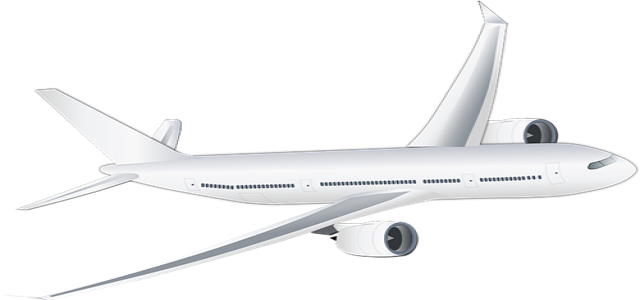
With major companies considering ways to reduce carbon emissions from corporate travel, airlines are preparing for a setback in business-class travel, which is an important revenue driver according to industry experts and executives.
The airline industry recently made a commitment to reach "net-zero" emissions by 2050, at a meeting in Boston. The co-founder of London-based Thrust Carbon, Kit Brennan, mentioned that it is going to be tough for airlines and they need to adapt it readily now.
Many companies like HSBC, Bain & Company, Zurich Insurance, and S&P Global have already announced plans to drastically reduce business travel emissions by around 70%. Some are taking "carbon budget" into account as they are subjected to rising pressure from environmental advocates and investors to cut down their indirect emissions that play a part in climate change.
Flights are responsible for around 90% of business travel emissions, making this the focus for companies to set reductions targets. In fact, flying business class outputs around three times more carbon as compared to economy class because the seats occupy more space and many of them are empty, as per a World Bank Study.
As per airline group IATA, in the pre-pandemic times, around 5% of international passengers worldwide traveled in premium classes, accounting for 30% of international revenue. However, this figure took a dive as pandemic-related decline in travel and a switch to virtual meetings have resulted in many companies saving money by resetting travel policies.
The chief sustainability officer at Bain, Sam Israelit, stated that his company was analyzing budgets for offices or practice areas to cut down travel emissions by 35% per employee in the coming five years.
Whereas, U.S. airline JetBlue plans for around 30% of its jet fuel to be sustainable in the coming two to three years, for flights entering and leaving New York.
The recent emissions targets set by airlines depend on augmenting the use of sustainable aviation fuel from below 0.1% today to over 65% by 2050 and new engine technologies.
Source Credits:
© 2025 ReportsGO.com. All Rights Reserved.